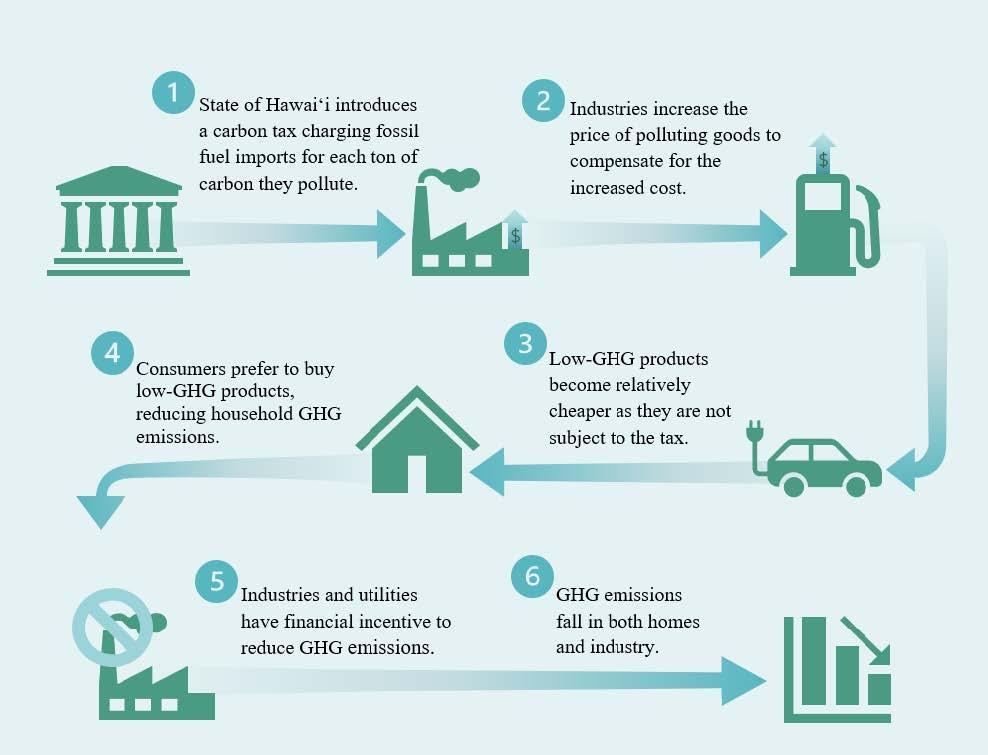Singapore’s Carbon Tax Concessions Under Scrutiny Amid Protest from Environmental Groups
environmental advocates have raised their voices against Singapore’s recent carbon tax concessions granted to major oil companies, questioning the government’s commitment to combating climate change. Critics argue that these concessions not onyl undermine the nation’s sustainability goals but also set a worrying precedent for corporate favoritism at the expense of environmental integrity. Activists from various organizations are coming together, emphasizing the need for clarity and accountability in the government’s dealings with fossil fuel giants.
Key points of contention include the following:
- Concerns over Climate Goals: Detractors highlight that the tax breaks might delay Singapore’s transition to renewable energy sources, contradicting its climate commitments.
- Lack of Transparency: The terms and conditions of these concessions remain largely undisclosed,leading to calls for the government to release detailed reports on how these arrangements align with national sustainability policies.
- Impact on Public Trust: Activists warn that perceived collusion with oil companies could erode public confidence in the government’s environmental initiatives.

The Economic Implications of Tax Breaks for Oil Giants in Singapore’s Climate strategy
As singapore continues to balance its ambitious climate goals with economic growth, the decision to grant tax breaks to oil giants has stirred notable debate among policymakers and environmentalists alike.The implications of these concessions extend beyond mere financial relief for corporations; they raise critical questions about the government’s commitment to a sustainable future. Supporters argue that such incentives can attract foreign investment and diversify revenue streams, potentially leading to innovations in cleaner technologies. However, critics contend that these tax breaks could undermine the effectiveness of carbon pricing and hinder the nation’s climate strategy.
The growing pressure for transparency surrounding these concessions highlights a deeper clash between economic interests and environmental responsibilities. On one hand, the potential benefits of fostering a strong oil sector include job creation and enhanced energy security. Conversely, the long-term costs associated with climate change and environmental degradation could far outweigh short-term gains. As Singapore grapples with this complex landscape, the government’s forthcoming policies will be crucial in determining whether it can effectively mitigate the economic incentives for fossil fuel reliance while staying true to its climate commitments.

Transparency and Accountability: A Call for Clear Disclosure of Carbon Tax Policies
The debate surrounding carbon tax policies has intensified, with growing calls for greater transparency in how these measures are implemented.Critics argue that without a full disclosure of the concessions offered to major oil companies, the credibility of Singapore’s environmental commitments is at stake.Stakeholders are demanding clear guidelines and an accessible framework for understanding the intricate details of any tax breaks or incentives that may dilute the intended impact of the carbon tax. Failure to provide such clarity could lead to public distrust and questions about the government’s commitment to combating climate change.
To foster trust and ensure accountability, the government must take decisive steps to publicly outline the parameters of its carbon tax policies. This includes:
- Detailed reports on the amounts and conditions of concessions provided to corporations.
- Regular audits that assess the environmental outcomes of carbon strategies.
- Open consultations with community stakeholders and local activists to gauge the broader impacts.
- Timely updates on legislative changes and their implications for businesses and the environment.
By adopting these measures, singapore can lead by example, demonstrating a commitment to not only economic growth but also the health of our planet. A transparent approach could strengthen both domestic and international trust in the nation’s sustainability efforts, positioning Singapore as a responsible player in the global fight against climate change.

Recommendations for Balancing Industry Interests with Environmental Commitments in singapore
To effectively balance the diverse interests of industry stakeholders and robust environmental commitments in Singapore, several strategic approaches can be adopted. Firstly, transparency must be prioritized in dealings with the oil sector. Policymakers should clearly outline the rationale and criteria for carbon tax concessions, ensuring that the public is informed about the environmental implications of these decisions. This fosters trust while allowing for a well-informed discussion on sustainability goals that are attainable alongside industrial growth.
Additionally, fostering a collaborative environment between government, businesses, and environmental organizations is crucial. Establishing multi-stakeholder forums can facilitate dialog where various perspectives can be shared and understood.Key actions could include:
- implementing joint initiatives that drive innovation in clean technology.
- Creating incentives for industries to invest in renewable energy and carbon capture solutions.
- Encouraging public and private partnerships that leverage resources for sustainable progress projects.
This approach not only aligns the industry’s economic ambitions with the nation’s environmental vision but also positions Singapore as a leader in sustainable industry practices in the region.
